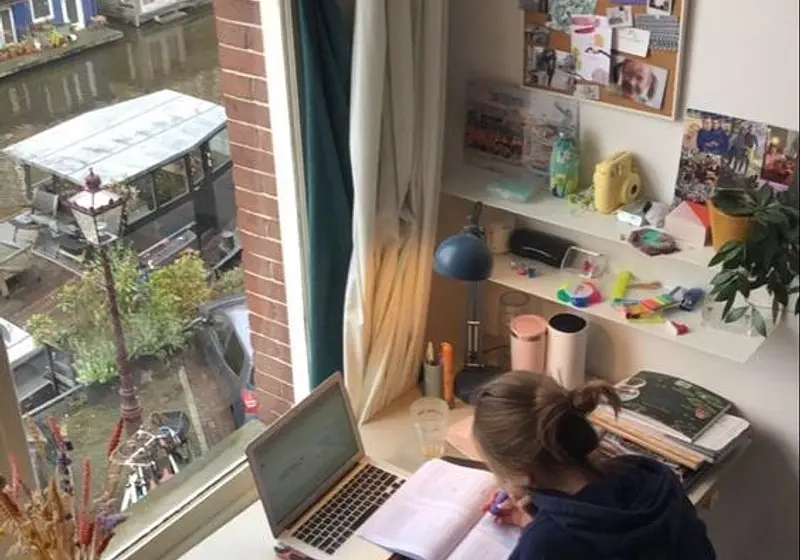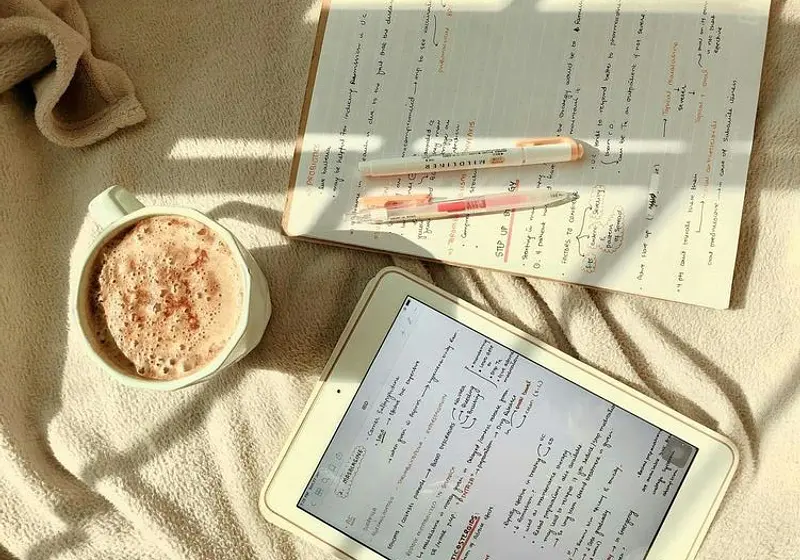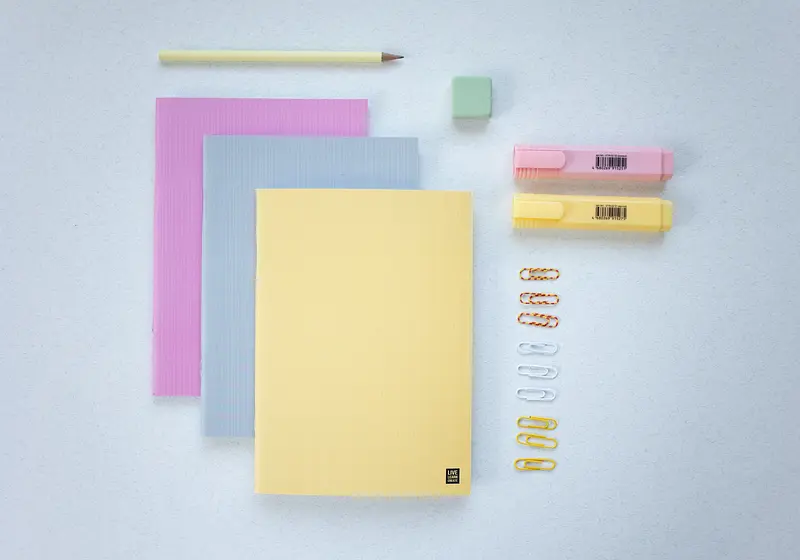School season's back in swing. All of us know that the best way to become an academic weapon during the school year is efficient and effective planning. Perhaps you have exams coming up, or you simply want to make studying consistently a habit- a schedule is the best way to go.
However, a schedule isn't just about the pretty pinks and colour schemes. While those are important facets to the process, knowing your study ways, keeping track of your goals and using lists are also key in decoding your perfect study schedule. This article highlights the above aspects along with a few other non- negotiables!
Let us slide into your dms 🥰
Get notified of top trending articles like this one every week! (we won't spam you)“I need to do X, Y and Z.”
The first step to creating a stress-free study schedule is understanding when you study best. Are you a night owl, practicing theorems late into the night or do you work best when it’s five AM? Knowing when you work best can aid you in designing your schedule. Essentially, your schedule should be a system that is accustomed to helping you become the most productive version of yourself without the burden of added stress.
Secondly, have a list of all the work you need to get done. Your syllabus for the test or a list of homework assignments you’ve been putting off are the materials you need to work with. The third step involves making a list of everything else you have to do daily. Exclude studying from this and include activities like a bus commute to school or working out in the morning.

Take the Quiz: Which college major suits you?
Find out which college major aligns perfectly with your passions, strengths, and future dreams!
A planner? But which one?
There are a multitude of questions that crop up when planners are the topic. From YouTube videos about journaling and planning systems to planners being a literal aesthetic on Instagram- it’s clear that planners are an essential everybody needs to have in their bag. Popular amongst both lifestyle and study influencers, you might be bombarded with hoards of planners to choose from.
However, the most important of these questions is to decide on the type of planner you want. This should be a planner that is best suited to your needs.
Digital or paper-based? One planner or multiple?
Digital planners like Google Calendar, Notion and Calendy, can be customized to your liking and have a wider range of features. Offline planners on the other hand don’t require having an internet connection but can be difficult to carry around everywhere, especially if you're always on the go. There are also varying types of planners with specific layouts on paper- this can be hard to work around especially if you’re a person who is picky about the design and layout of their planner.
If you've decided on utilizing a paper planner for the academic year, have a look at these: Papier is a popular choice for notebook planners, even offering a 20% student discount. Moleskine and Muji also offer both excellent aesthetics and layouts for planners.
Apps like Notion have taken a surge in popularity, almost skyrocketing the internet, with tutorials and TikToks being made about them. Notion has a wide range of templates you can work with and allows you to take notes on the app as well. Notion has a fair share of its advocates who have also posted their home pages and timetables.
Apart from these, the Notion homepage itself offers a wide range of templates that you can use as a base to base your schedule upon. These templates can be great to work with, especially if you’re just starting.
Once you have the planner of your choice down, utilize the list you created at the start of the article. This list, which essentially contains a list of your various pursuits gives you a base to start your scheduling from. Time-block for consistent commitments like school and classes.
Ideally, your study blocks should be 45-50 minutes each with 10-15 minutes to wind down and relax. Once you’ve accounted for the constants, schedule activities from your list as and when they occur. This not only keeps you organized and up-to-date on all your tasks but also helps you avoid cramming all your activities into a single day.
Schedule “Off” Time
The main facet of having a stress-free schedule is actively carving time out for yourself. While inculcating “off-times” in your planner, keep in mind how long you want these sessions to be. It’s also good to consider how you want to unwind.
Perhaps you enjoy journaling after a long day. Or your way of relaxation is binge-watching MMA fights. Whatever it is- scheduling time to relax reduces muscle tension, helps you avoid anxiety and cuts stress.
For example: You could block off all Sunday mornings to sleep in, or block off every alternate night to watch an episode of your favorite show. De-stressing is something you should account for every day. Assign your de-stressing activity ( ex: reading ) a specific time block in your schedule.
Don't forget to adhere to it!
Testing your schedule out
Just like how you don’t buy a car until you’ve given it a test run and have had a look at all of the models, the situation here is similar. Once you've finished creating your schedule, the next thing to do is to give it a test run. It’s important to remember that there’s no point in making a study schedule if you’re unable to stick to it.
Using an alarm either on your planning app or on your phone can serve as a helpful reminder as to when your study block is starting or ending. These little alarms serve as helpful reminders to keep you on top of your study schedule. Review the entire schedule you laid out for yourself at the end of the week. Vital questions to ask as you review your schedule include
- What aspect of the schedule worked for me? What didn’t?
- Were there times when I felt I didn’t have enough time for myself?
- How much work did I get done by the end of the day?
At the end of your review session, rate your schedule on a scale of 0-10. Next, go over the answers to your review questions before the week begins. Then tweak your schedule as needed!
To conclude, it is also important to remember that planning isn’t the end goal. Ultimately, despite what the millions of articles on the Internet advise you to do and purchase, your schedule is in your hands. Mapping out the activities of your day while managing your studies is a continuous process.
This process, much like your daily routine, requires constant tweaking and adjustment. Reassess your plans constantly until you find a system that works well for you. Having accountability partners like your friends and family while making time to have fun make the prospect of both studying and scheduling easier.
Good luck on your study journey!





.jpeg)
.jpeg)











